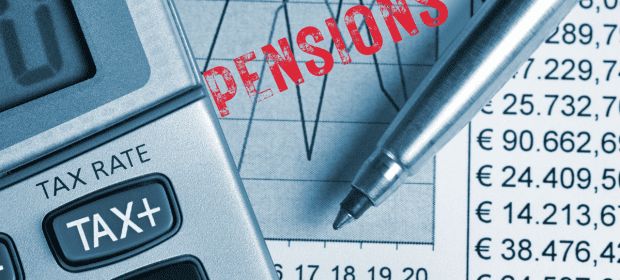Retiring to France can be dream come true for many people. The thought of that ‘place in the sun’ motivates us to save as much as we can whilst we are working. If we can retire early – so much the better!
In the excitement of finding ‘la belle maison’ in ‘le beau village’, we really don’t want to think about some of the nasty things in life. I am referring to death and taxes. We can’t avoid these and so better to plan for the inevitable. Sadly, some people do not plan before making the move to France and only realise this mistake when it is too late to turn the clock back.
For example, investments that are tax-free in your home country will not usually be tax-free in France. This includes UK cash ISAs and premium bond winnings, as well as certain other National Savings Investments, all of which would be taxable in France. So too would dividends, even if held within a structure that is tax-efficient elsewhere. All of these will be subject to French income tax at your marginal rate (ranging from 0% to 45%) plus social contributions, currently 15.5%.
Gains arising from the sale of shares and investment funds will be liable to capital gains tax. The taxable gain, after any applicable taper relief, will be added to other taxable income and taxed at your marginal rate. Social contributions are charged on the full gain.
If you receive any cash sum from your retirement funds, for example, the Pension Commencement Lump Sum from UK pension funds, this would be taxed in France. The amount will be added to your other taxable income or under certain conditions, it can be taxed at a fixed rate of 7.5%. Furthermore, if France is responsible for the cost of your healthcare, you will also pay social contributions, currently around 7.4%.
Distributions received from a trust would also be taxed in France and there is no distinction made between capital and income – even if you are the settlor of the trust.
As a resident in another country, it would be natural for you to take advantage of any tax-efficiency being offered in that jurisdiction, as far as you can reasonably afford. So it is logical that you would do the same in France.
Happily, France has its own range of tax-efficient savings and investments. However, some planning and realisation of existing investments is likely to be needed before you become French resident, if you wish to avoid paying unnecessary taxes after becoming French resident.
I mentioned death above and as part of the tax-efficient planning for retirement, inheritance planning should not be overlooked. France believes that assets should pass down the bloodline and children are ‘protected heirs’, so they are treated more favourably than surviving spouses. Therefore, action is needed to protect the survivor, but this could come at a cost to the children – particularly step-children – in terms of the potential inheritance tax bill for them.
Whilst there might be a certain amount of ‘freedom of choice’ for some expatriate French residents, as a result of the introduction of the EU Succession Rules, this only concerns the possibility of being able to decide who you wish to leave your estate to and so will not get around the potential French inheritance tax bill, which for step-children would still be 60%. Therefore, inheritance planning is still needed and a good notaire can advise you on the options open to you relating to property.
For financial assets, fortunately there are easier solutions already existing and investing in assurance vie is the most popular choice for this purpose. Conveniently, this is also the solution for providing personal tax-efficiency for you. There is a range of French products available, as well as international versions. In the main, the international products are generally more suited to expatriates as a much wider choice of investment options is available (compared to the French equivalent), as well as a range of currency options (including Sterling, Euros and USDs).
If possible, you should seek independent financial planning advice before making the move to France. A good adviser will be able to carry out a full financial review and identify any potential issues. This will give you the opportunity to take whatever action is necessary to avoid having to pay large amounts of tax to the French government, after becoming resident.
Even if you have already made the move to France, it may still worth seeking advice, particularly if you are suffering the effects of high taxation on your investment income and gains or you are concerned about the potential inheritance taxes for your family. A full review of your personal and financial situation enables us to identify any issues and recommend solutions that will meet your long-term goals and objectives.
The above outline is provided for information purposes only and does not constitute advice or a recommendation from The Spectrum IFA Group to take any particular action on the subject of investment of financial assets or on the mitigation of taxes.
Update – Le Tour de Finance, Domaine Gayda, 6th October 2017
This year’s event is now fully subscribed but we are keeping a reserve list in case of any cancellations, so please let me know if you would like to be added to the list. Alternatively, if you would like to have a confidential discussion about your financial situation, please contact me either by e-mail at sue.regan@spectrum-ifa.com or by telephone on 04 67 24 90 95.
The Spectrum IFA Group advisers do not charge any fees directly to clients for their time or for advice given, as can be seen from our Client Charter










